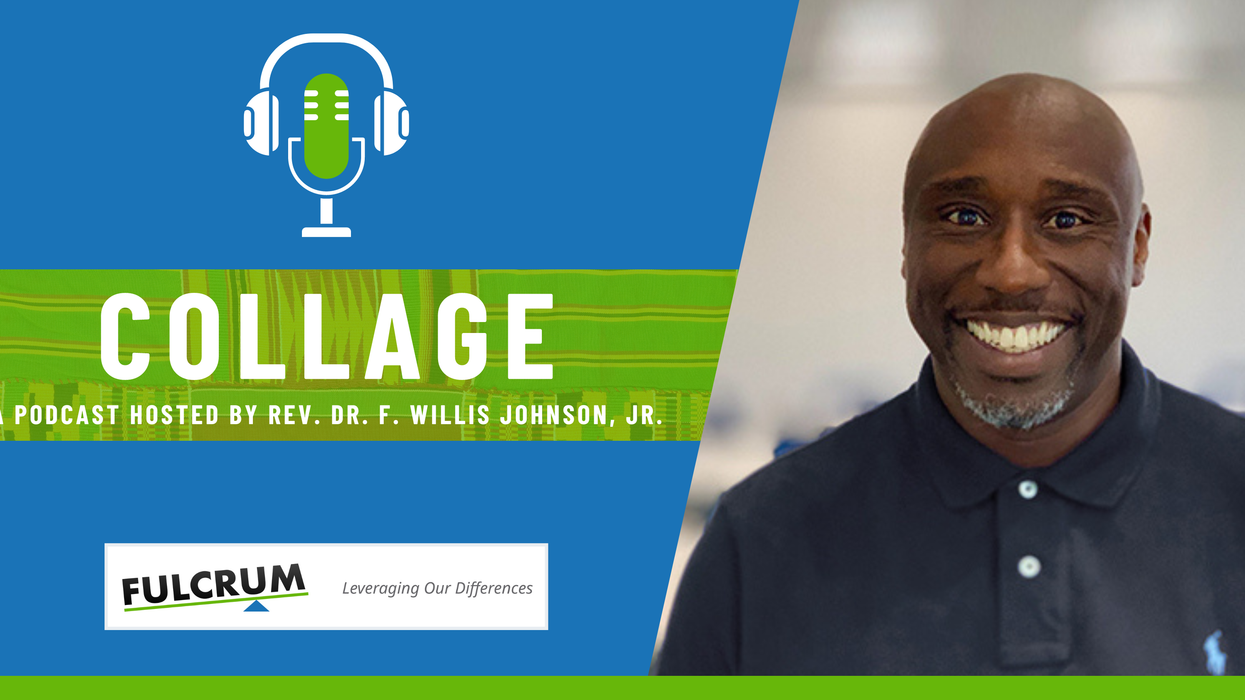In this episode of the “ Collage ” podcast, Rev. F. Willis Johnson and Rev. Gregory Kendrick explore the profound intersections of faith, history and preservation. They delve into the power of sacred spaces and how maintaining and honoring these place can be a form of advocacy.
Preserving sacred space: An activist's response




















